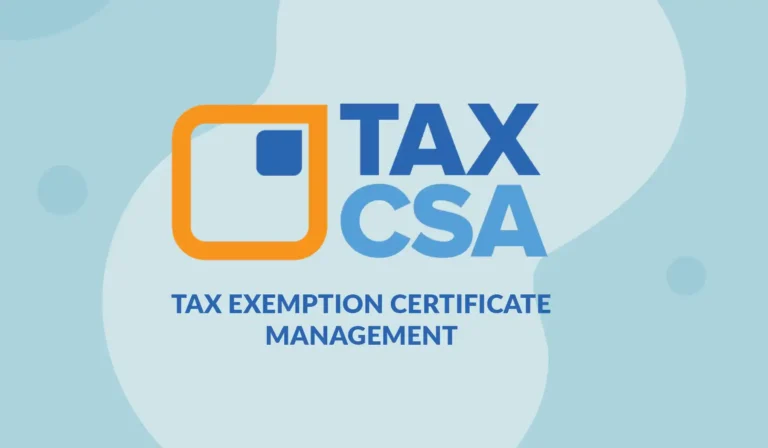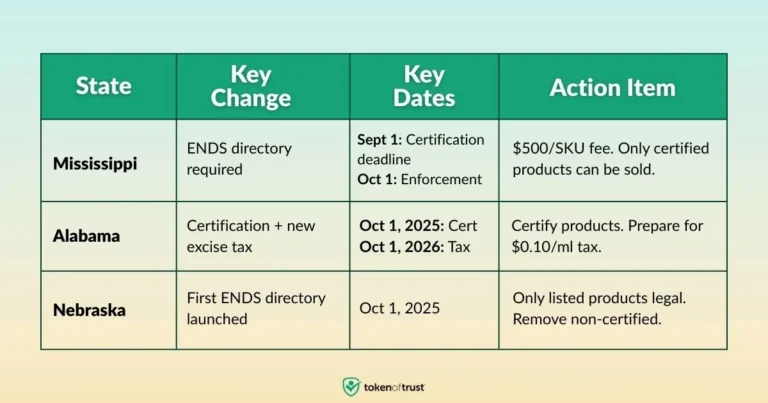How to Keep Sensitive Personal Data on WordPress Sites
When using the Internet, 92% of Americans are worried about their privacy.
Why do they worry? Consider situations where people need to provide documents such as licenses, passports, ID cards, or insurance cards for verification. Additionally, think about the sensitive personal data users input into forms, including addresses, phone numbers, and email addresses. It is indeed reasonable to feel that way.
Collecting Personally Identifiable Information (PII) safely within a WordPress site is both complex and critical. If you have a website where users share sensitive information, it is important to secure the data. This applies to all types of websites, whether it is an e-commerce site or a membership website.
The Key Functions of Effective Site Admins
WordPress site admins are custodians who must create user-friendly experiences and prioritize top-notch security measures. When handling sensitive information in WordPress, it is important to comprehend the risks. It is also necessary to implement strong measures to safeguard your website against potential vulnerabilities.
Risks Involved in Storing Sensitive Personal Data and PII
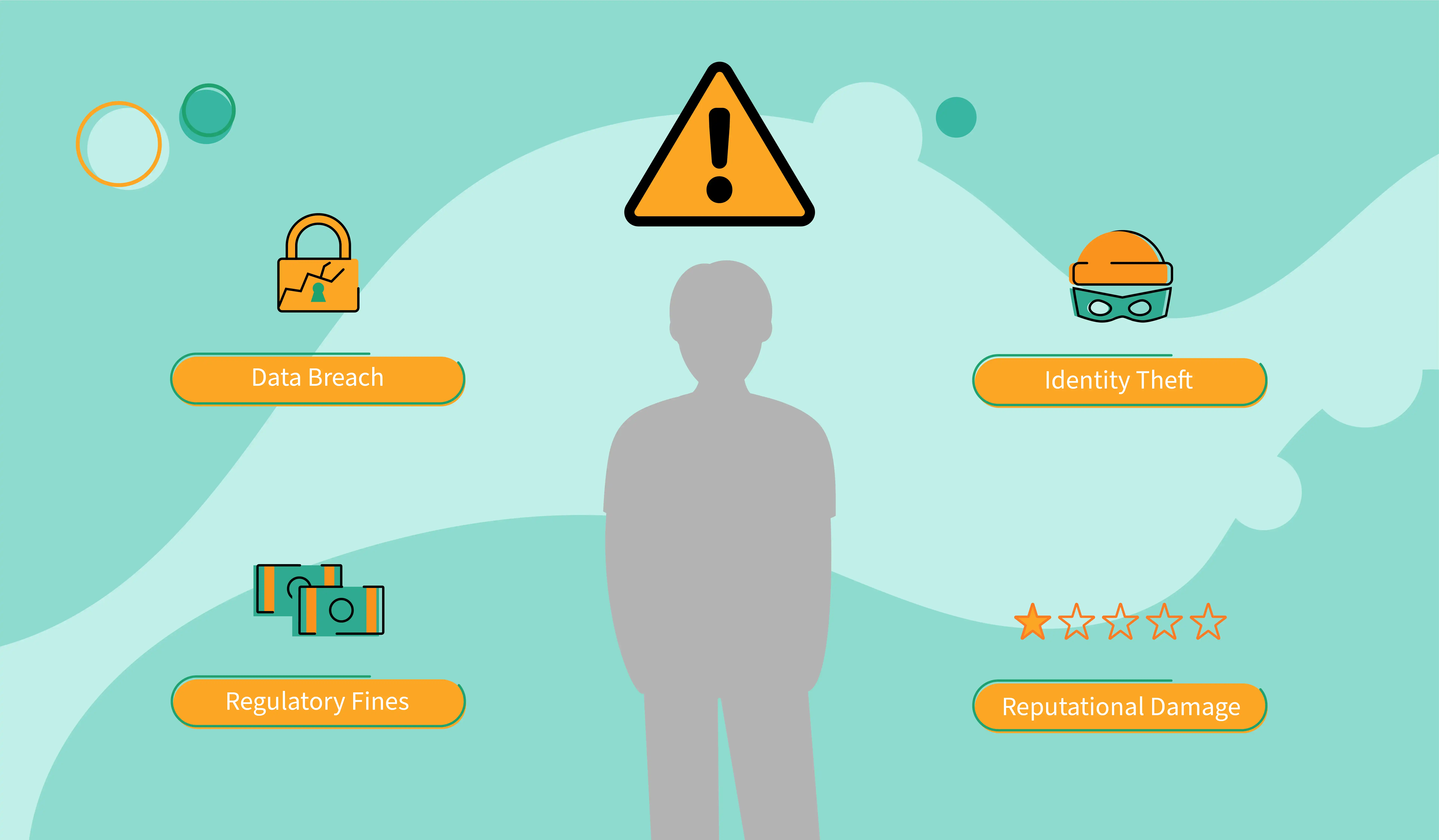
Protecting data goes beyond just dealing with technical aspects — it also involves facing serious legal risks and responsibilities. If you mishandle private information about individuals, there can be severe consequences. Each of these consequences poses a different kind of threat to a business and the people involved with it.
1. Identity Theft
Keeping Personally Identifiable Information (PII) without proper protection puts people at risk of identity theft. In 2021, approximately 23.9 million people, or 9% of U.S. residents aged 16 and older, had experienced identity theft within the previous year.
If unauthorized individuals get hold of sensitive personal data, they can use this information for fraudulent actions. This can lead to financial losses and cause a lot of distress for the people whose information is misused.
2. Data Breach:
A data breach is one of the most immediate and tangible risks associated with storing PII. Unauthorized access to sensitive data can result in the exposure of personal information, leading to a breach of privacy. The aftermath of a data breach can be extensive, impacting individuals and tarnishing the reputation of the entity responsible for safeguarding the information. Companies must implement strong data protection strategies to mitigate these risks.
3. Reputational Damage
Which website would users trust with their PII? Customer trust is paramount, and a data breach erodes this trust swiftly. The reputational damage incurred can be long-lasting, with customers becoming wary of sharing their information with a business that has experienced a security lapse. Rebuilding trust can be a challenging and resource-intensive endeavor, making prevention a key focus.
4. Regulatory Fines
We all do not want to be charged with fines hence compliance is a MUST. With data protection laws, such as the General Data Protection Regulation (GDPR) and the California Consumer Privacy Act (CCPA), securing personal data is not merely a matter of best practice—it is a legal obligation.
Failure to adhere to these regulations can result in hefty fines and regulatory sanctions. For instance, GDPR allows fines of up to €20 million or 4% of the company’s global annual turnover, whichever is higher, for serious violations. The financial repercussions of non-compliance can be detrimental to the financial health of the organization.
What industries face the highest risks?
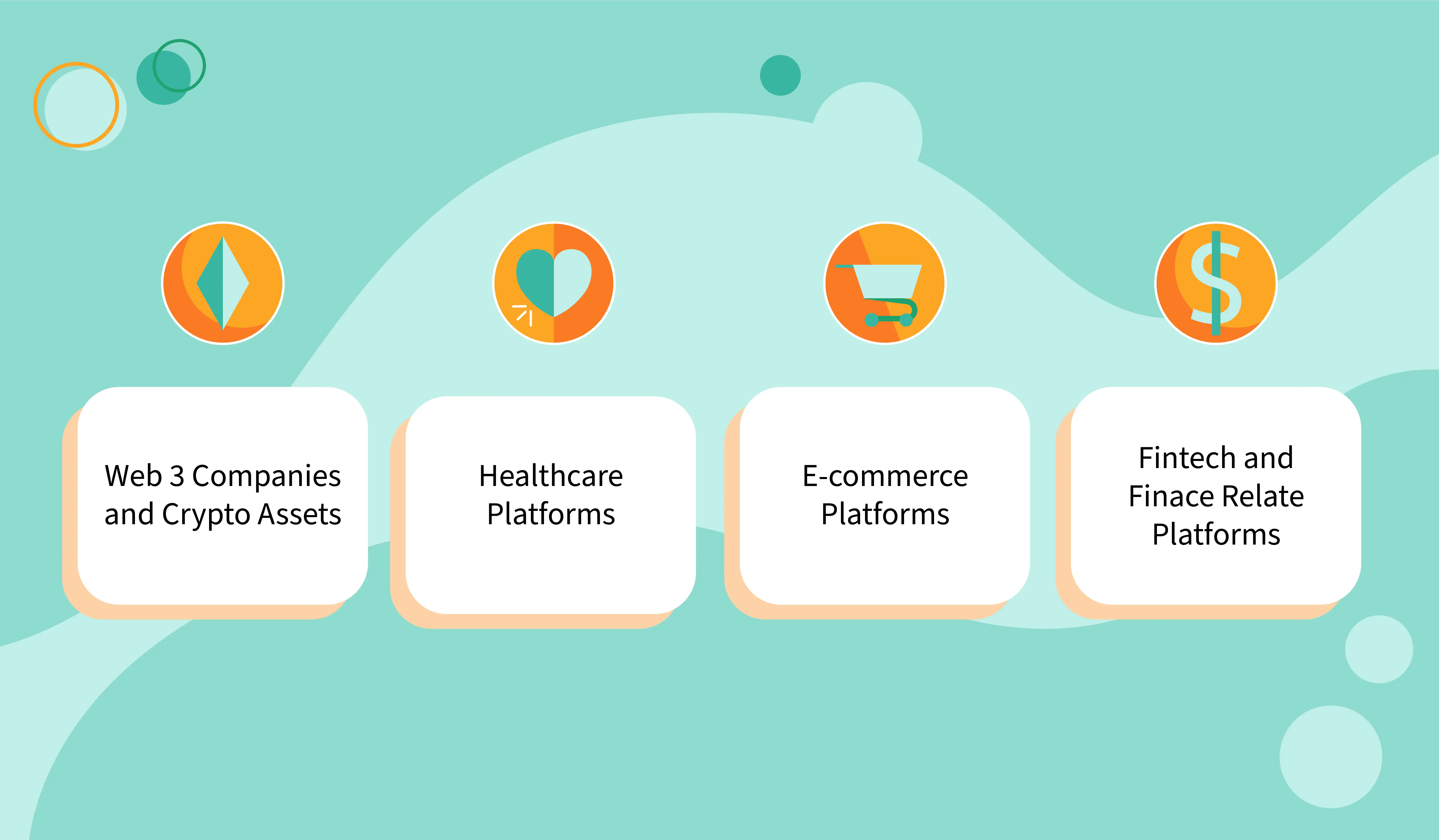
At Token of Trust, having interacted with thousands of websites, we draw on our extensive experience to identify industries that face heightened risks when it comes to handling Personally Identifiable Information (PII).
While the risks are not exclusive to these sectors, if you operate within these industries or encounter the specific use cases described below, this blog is tailored to address your concerns—especially if you’re building on WordPress.
1. Web3 Companies and Crypto Assets
Web3 companies dealing in crypto assets often require users to upload sensitive documents for compliance. The decentralized nature of cryptocurrencies, coupled with the high stakes involved, puts these platforms at an elevated risk of mishandling PII, making robust security measures imperative.
2. Healthcare Platforms:
Healthcare websites, handling sensitive health-related information and often requiring uploads of medical ID cards or insurance documents, face substantial risks. The nature of healthcare data demands heightened security protocols to ensure compliance with privacy regulations and protect patient confidentiality.
3. E-commerce Platforms
E-commerce administrators handle a plethora of sensitive information, including addresses, phone numbers, and payment details. The transactional nature of e-commerce platforms makes them attractive targets for cyber threats. A breach in this sector not only compromises customer data but also erodes trust in the brand.
4. Fintech and Finance-related Platforms
The Fintech industry, with its focus on financial transactions and services, is a prime target for cybercriminals seeking access to valuable PII. Finance-related platforms, including banking and investment websites, handle sensitive financial information that demands rigorous security measures to prevent unauthorized access and protect users from potential financial harm.
Risks of Uploading PII and Sensitive Personal Data to WordPress
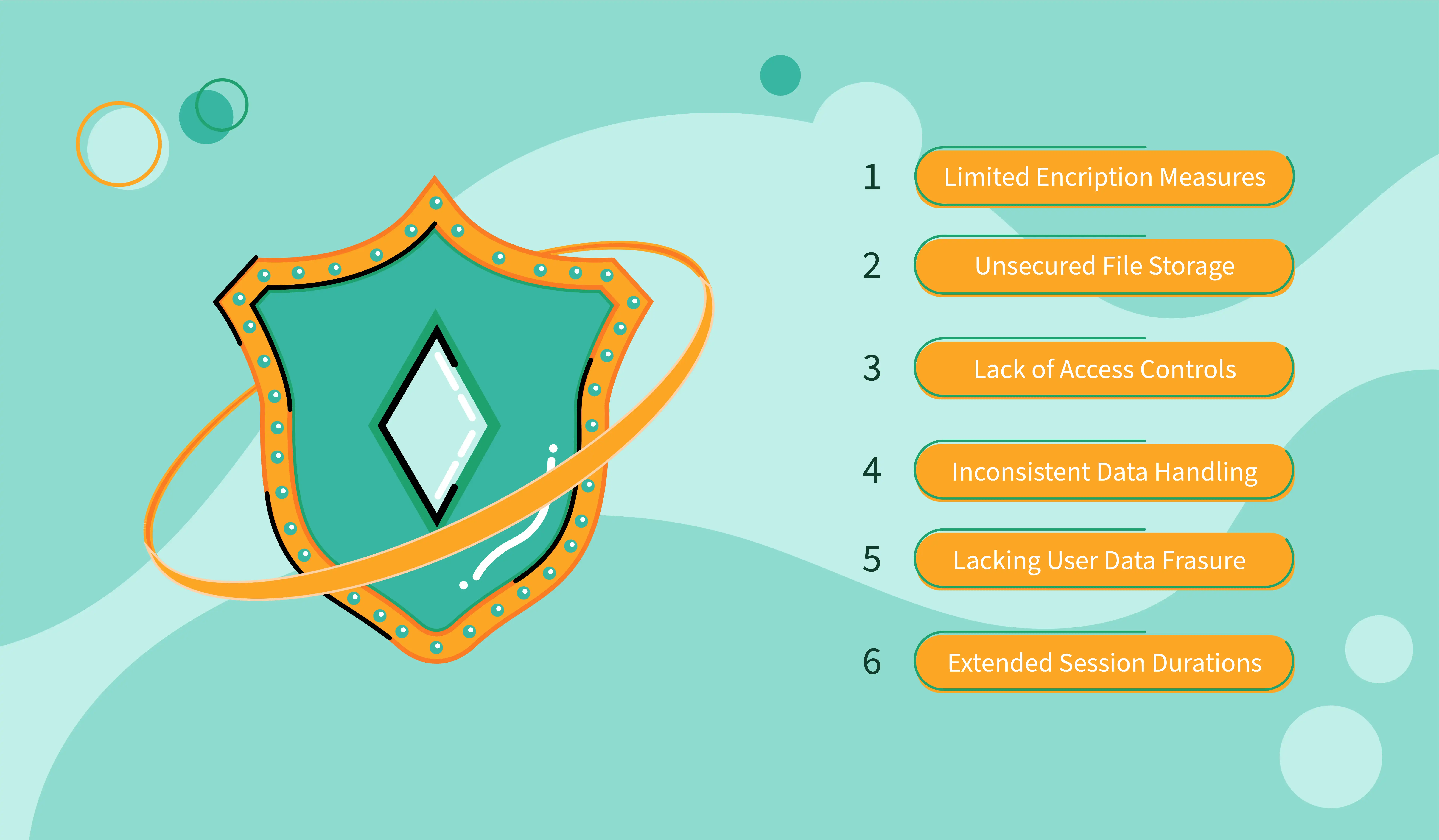
1. Limited Encryption Measures:
Many website administrators may not be aware that several form tools do not automatically encrypt files captured through document upload forms. This leaves sensitive documents vulnerable to unauthorized access.
2. Unsecured File Storage:
WordPress, while a robust content management system, is not inherently designed for the secure storage of sensitive documents. Uploading files directly to the WordPress platform without adequate encryption measures exposes the data to potential breaches.
3. Lack of Access Controls:
Systems may lack the necessary access controls to restrict who can view or download the uploaded documents. Insufficient user permissions and access management heighten the risk of unauthorized access to sensitive personal information.
4. Inconsistent Data Handling:
Manual review processes may introduce inconsistent errors, compromising the integrity of compliance procedures. Human errors during document verification can lead to inaccurate assessments and potential data breaches.
5. Lacking User Data Erasure and Deletion Features for Personal Data:
GDPR and CCPA require user-friendly features for data deletion. WordPress, by default, lacks a straightforward mechanism for users to request both access to and deletion of their data, creating compliance challenges.
6. Extended Session Durations:
Default WordPress behavior allows for lengthy session durations, posing a data breach risk, especially if the same device is accessible to multiple users.
7 Best Practices to Secure Personal Data on WordPress
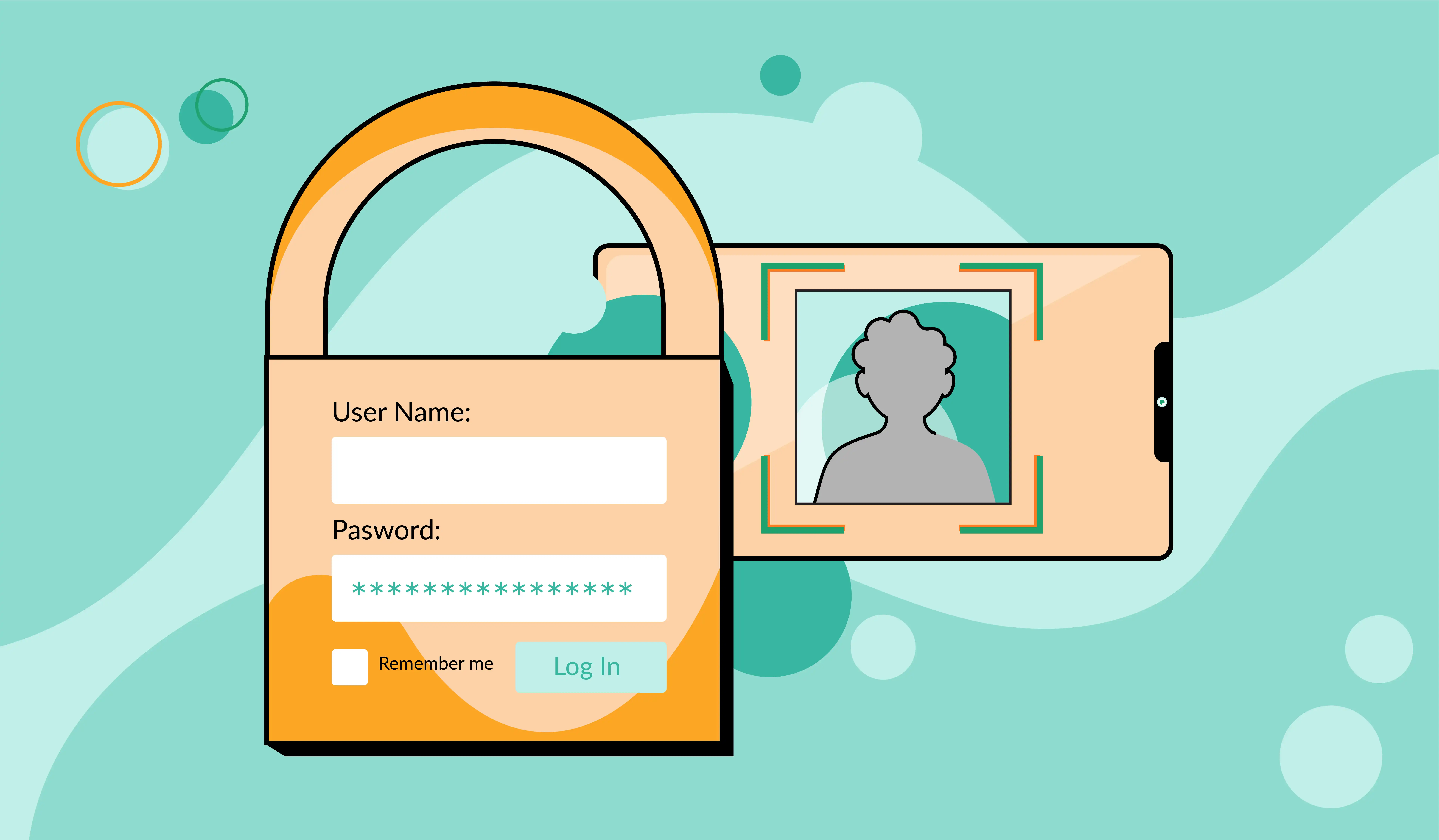
Securing sensitive information in WordPress requires a proactive approach and adherence to best practices:
1. SSL/TLS Encryption for Secure Data Transmission
Ensure that your website pages load using HTTPS and employ SSL/TLS encryption to secure data transmission.
2. Prudent Plugin Management
Exercise caution with plugins, limiting potential attack vectors. Regularly update and review plugins to align with current security protocols.
3. Individual User Accounts and Session Durations
Avoid sharing administrative accounts and passwords. Implement short session durations for personnel handling PII, reducing the window of potential unauthorized access.
4. Individual Encryption for Sensitive Personal Data
Ensure sensitive information or files are individually encrypted, preventing potential breaches from compromising all data.
5. Decentralized Storage for Personal Data
Consider segregating PII storage from the main website server. Utilize third-party services like Token of Trust for secure handling of sensitive information.
6. Leverage Specialized Services for Identity Verification and PII Storage
Trusted services like Token of Trust specialize in identity verification and secure storage of PII, reducing risks associated with DIY solutions.
7. Leverage Specialized Services for eCommerce
Explore services like WooCommerce that securely handle sensitive information, facilitating secure data transmission to payment processors.
Implementing these best practices ensures a more robust security framework for WordPress, reducing the risk of unauthorized access, data breaches, and other potential threats to sensitive information.
Disclaimer: While we offer insights, we are not legal professionals, and the information provided herein should not be construed as legal advice. For personalized assistance or consultation on secure PII handling solutions, we invite you to reach out to Token of Trust.

